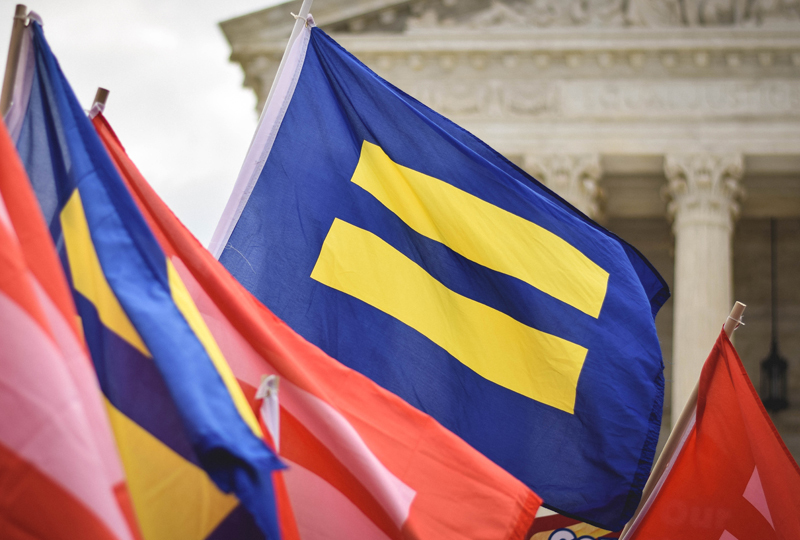6 Reasons to Track Skills Development


The Human Rights Campaign (HRC) just released the 15th edition of their Corporate Equality Index (CEI), an employer rating system that reflects leading policies, benefits, and practices for the LGBT workforce and their families and drawn from criteria based on the idea of parity rather than prescription.
The findings suggest that despite the onslaught of anti-LGBT attacks, both legislatively and physically, in 2016 there is plenty of good news:
Given my job title, I was, as you imagine, very happy to see that 86% of businesses have inclusive diversity training with a record number of employers submitting gender transition guidelines. Given that until recently most commercially available insurance plans came with “transgender exclusions” that barred coverage for routine, chronic and transition related services a record number, I was pleasantly surprised then to find that now 73% of the businesses rates offer transgender-inclusive health care coverage options through at least one firm-wide plan.
Obviously, there is still more to be done. And much of what has been achieved is in the private sector. We still need consistent, explicit federal protections in employment, housing, credit and public services. Although some states have passed laws and ordinances to establish workplace protections for lesbian, gay, bisexual and transgender employees, only 20 states explicitly provide workplace protections on the basis of gender identity and 22 on the basis of sexual orientation.
Recent legal battles however demonstrate just how precarious such legal protections are though. The Seventh Circuit Court of Appeals, which covers the states of Illinois, Indiana and Wisconsin, ruled that “discrimination on the basis of sexual orientation is a form of sex discrimination” whereas the Eleventh Circuit in the Southeast and the Second Circuit in the Northeast reached the opposite conclusion, holding that Title VII did not cover sexual orientation discrimination.
This type of uncertainty can create difficulties for employers, but most legal experts would advise continuing adherence to the guidelines laid out by the Equal Employment Opportunity Commission in 2015 which sees sexual orientation discrimination as prohibited under Title VII.
Ensuring every employee is treated equally can present a challenge which is why it is so important that you offer training and learning that enables all staff to experience a safe and fair workplace.
Applicable and necessary compliance training greatly assists an organization meet this objective, particularly courses that cover anti-harassment or retaliation bullying. We pride ourselves on providing content that is both engaging and representative of all employees, so I am delighted that our upcoming content features a transgender actor portraying the very real, yet often misunderstood issue of retaliation bullying.
Stay tuned for upcoming news from us in this area. We look forward to your feedback and please let us know if there is anything you feel compliance, legal, and health/safety teams need to be aware of when it comes to this new and exciting area.
John Arendes is the VP & GM for Compliance Solutions at Skillsoft.
We will email when we make a new post in your interest area.

